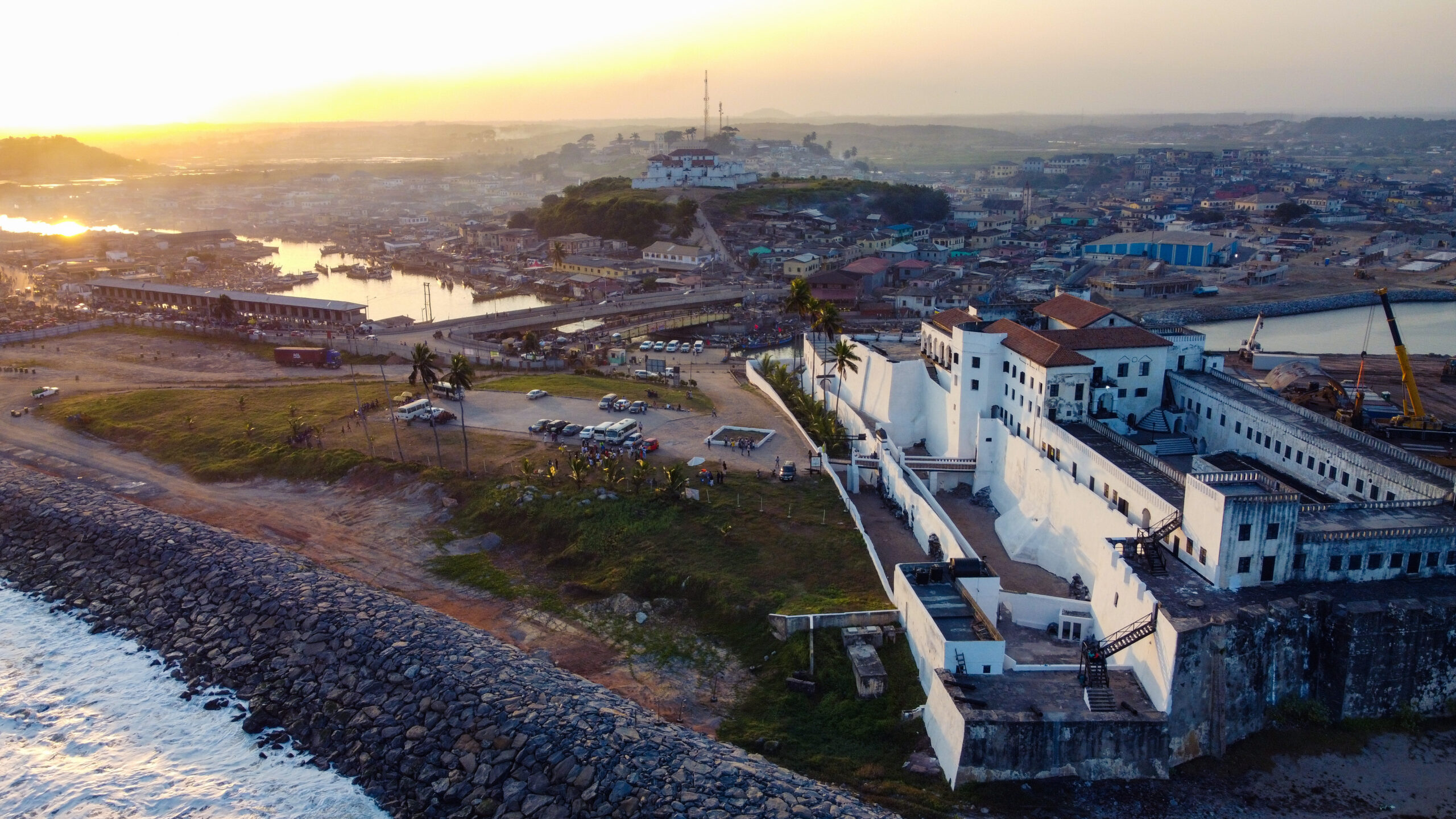
Guidance on developing a data and analytics strategy
In today’s data-driven world, many organisations recognise the importance of leveraging data insights to make decisions. However, once they attempt to harness and use their internal data, it becomes clear that data is not standardised and is often housed in different siloes of the organisation. Drawing from our experience in












